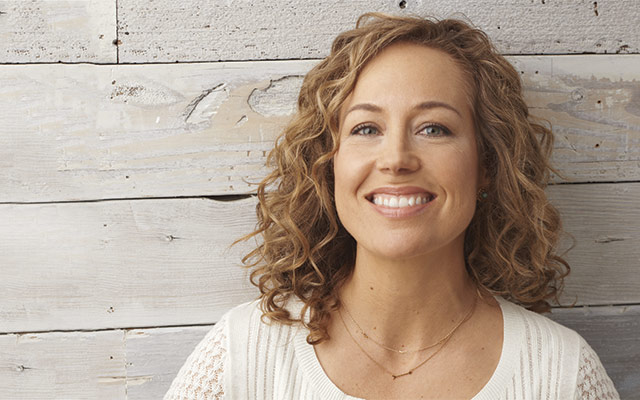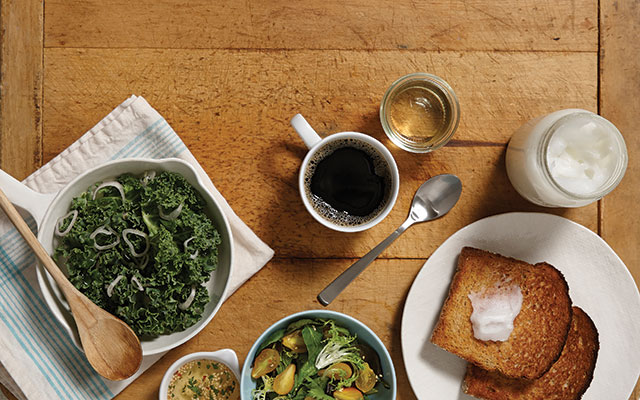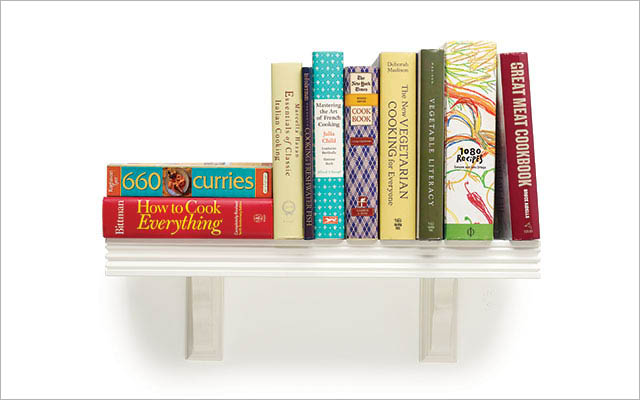I’m not sure when it happened, but somewhere along the line, this whole eating thing got fraught with doubt and difficulty. Some would assert that the trouble began millenia ago with the agricultural revolution. But as far as I’m concerned, it started in the 1970s when I was about 8 years old.
That’s when U.S. ag secretary Earl Butz made his mark on our food supply, when factory farming took hold, and when consumer reliance on fast food and convenience foods began to spike.
It’s when I came to understand that there were “good foods” and “bad foods,” and that my own food choices could become the basis for conflict, competition, shame, and regret.
It’s when I put myself on my first “diet” because that seemed to me like what all the grownup ladies were doing, and I wanted to be just like them.
Basically, it’s when I took my first fledgling steps on a journey that would take my relationship with food from healthy to wacky and back again.
I shared a bit of that journey in my last Revolutionary Acts column (“Celebrate What’s Good,” September 2014), so what I’ll offer here is my broader takeaway: Food is a charged topic, because how you relate to your food has everything to do with how you relate to yourself and your life.
Food, in my mind, is the ultimate microcosm. It reflects how we consume and generate energy. It translates and broadcasts how we feel about our very existence.
Whether we eat consciously or unconsciously, strategically or randomly, pleasurably or dutifully, with voracious hunger or ho-hum disinterest, we can always see in our relationship with food something true and essential about the way we experience other aspects of our lives.
Food teaches us that we can be the author or the victim of what we swallow, integrate, and, ultimately, of who we become.
And the totally fun, totally crazy-making thing is, we are continually faced with that choice, at breakfast, lunch, and dinner, and at various intervals in between.
There’s no end to the arguments about what we should or shouldn’t eat (you’ll read more about many of them throughout this issue, and especially in “The Ethics of Eating” ).
So, how the heck do we manage to make sensible, sane choices in a food world as nutty and confusing as the one we live in now? We can start by recognizing that until our bodies and brains are reasonably well fueled, we are simply not going to be good for much of anything.
No matter how inspired you are, no matter how much you want to accomplish for yourself or contribute to the world, if you’re living on doughnuts and soda, you’re not going to have enough vitality to develop and give your best gifts with full mojo. Nor are you going to feel good enough to enjoy the process, at least not for long.
Next, each of us has to decide how much we want to focus on and argue about food — with ourselves or anybody else.
I have strong opinions about food. I enjoy thinking about and exploring all things edible, and I’m happy to share my views with anyone who asks. But I also have a strong respect for other people’s right to explore and decide for themselves.
Vegan or paleo. Indulgent or ascetic. Industrial or artisanal. Instinctive or assiduously selected. It’s up to each of us to decide how we want to play that field. And hey, if you’re determined to stick with your doughnuts-and-soda regimen, you can do that, too. You’ll notice how that’s working for you over time, and when you’re triggered to make a change, you will.
Meanwhile, it’s worth asking: How is my relationship with food going? Are you friends? Enemies? Frenemies? Are you having a lovefest, getting along and having fun, politely tolerating each other, unintentionally tripping each other up, locked in daily combat or dealing with some combination of all of the above?
What does your relationship with food say about your relationship with life in general? Is it about self-authorship and appreciation, or something less satisfying? Are you paying attention to it, or letting it just blow by?
Like all good friendships, a happy relationship with food starts with authentic interest. We hope this issue of Experience Life sparks plenty of that.




This Post Has 0 Comments